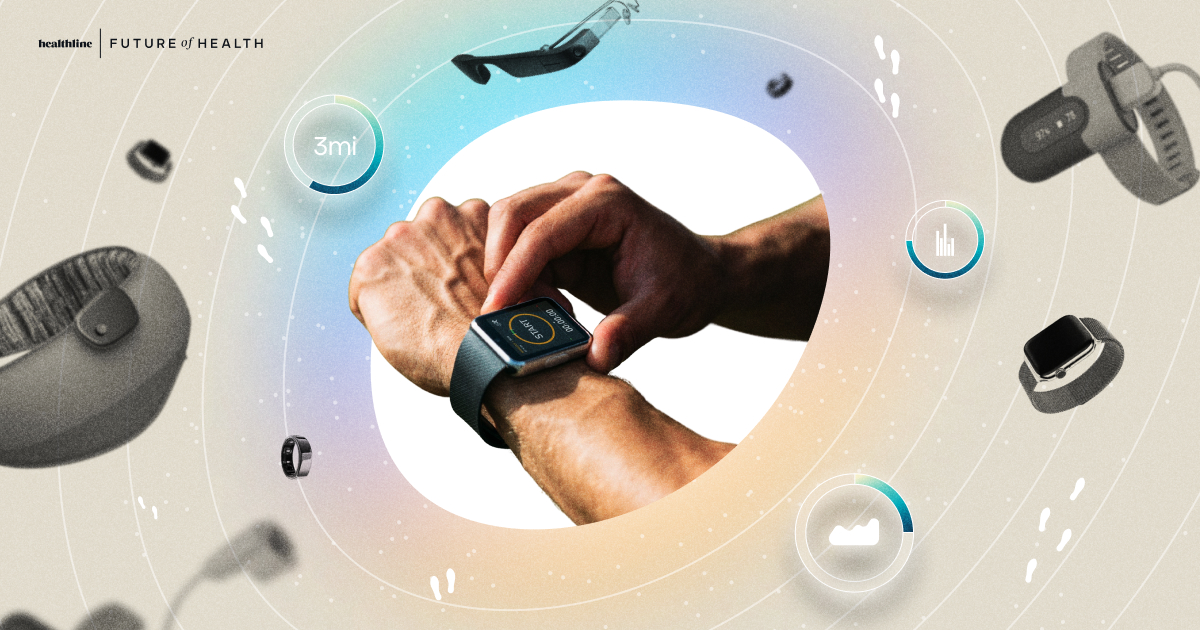Rise by Six: Your Daily Dose of Inspiration
Explore insights and stories that elevate your day.
Wearable Wonders: Tech That Keeps You in the Loop
Explore innovative wearable tech that keeps you connected and enhances your lifestyle. Discover the future on your wrist today!
The Future of Fitness: How Wearable Technology is Transforming Health Monitoring
The future of fitness is being reshaped by the rapid advancements in wearable technology, which are revolutionizing how we monitor our health. Devices such as smartwatches, fitness trackers, and heart rate monitors provide real-time data about various health metrics, including steps taken, calories burned, and even sleep quality. By integrating these technologies into our daily lives, individuals can gain deeper insights into their personal health and fitness levels, enabling them to make more informed decisions. As a result, wearables are not just tools for athletes; they are becoming essential for anyone looking to improve their overall health.
Moreover, wearable technology is enhancing health monitoring by allowing for continuous data collection and analysis. This trend is paving the way for personalized fitness programs that adapt to individual needs. For instance, algorithms can analyze data trends over time, helping users identify when they're at risk of injury or when they need to adjust their workout intensity. With features like heart rate variability and blood oxygen level tracking, wearables are making it easier than ever for users to monitor their bodies' responses to exercise. Consequently, this technology is not only improving fitness outcomes but also promoting a more proactive approach to health management.

Stay Connected: Top Wearable Devices for Seamless Communication
In today's fast-paced world, staying connected is more essential than ever. The rise of wearable devices has revolutionized the way we communicate, making it easier to stay in touch with loved ones and colleagues alike. From smartwatches to fitness trackers, these gadgets not only keep us informed but also enhance our daily interactions. Here are some top wearable devices that facilitate seamless communication:
- Apple Watch Series 8: With its advanced messaging capabilities and fitness tracking features, this smartwatch enables users to receive calls and texts right on their wrists.
- Samsung Galaxy Watch 5: This device combines health monitoring with quick access to notifications, perfect for those who prioritize staying connected on the go.
- Fitbit Versa 3: Known for its health tracking features, it also allows users to manage calls and texts effectively without reaching for their phones.
Not only do these devices offer convenience, but they also ensure that communication is efficient and unobtrusive. Imagine being in a meeting or at a workout session, and still being able to stay in touch with important messages without distraction. The integration of voice assistants in wearables has further enhanced this experience, making it possible to dictate messages or make calls hands-free. As technology continues to advance, widely adopting wearable devices for communication will undoubtedly become the norm, bridging distances and bringing people closer together.
Are Wearables Worth It? A Deep Dive into the Benefits and Limitations
Wearable technology has rapidly gained popularity in recent years, often touted for its potential to enhance health and fitness tracking. Devices such as smartwatches and fitness trackers can monitor heart rate, track steps, and even analyze sleep patterns, providing users with valuable insights into their overall wellness. With the ability to set personal goals and receive real-time feedback, many users find that wearables motivate them to lead a more active lifestyle. Additionally, features like GPS navigation may add convenience for outdoor activities, making these devices appealing for fitness enthusiasts.
However, are wearables truly worth the investment? Despite their benefits, there are notable limitations to consider. Many wearables can be expensive, and the continuous reliance on battery charging can be cumbersome. Privacy concerns also arise, as these devices often collect sensitive personal data. Furthermore, the accuracy of tracking features is still a topic of debate, with discrepancies reported among different devices. Ultimately, while wearables can be beneficial tools for health monitoring, it's essential to weigh these limitations against your personal goals and lifestyle before making a purchase.